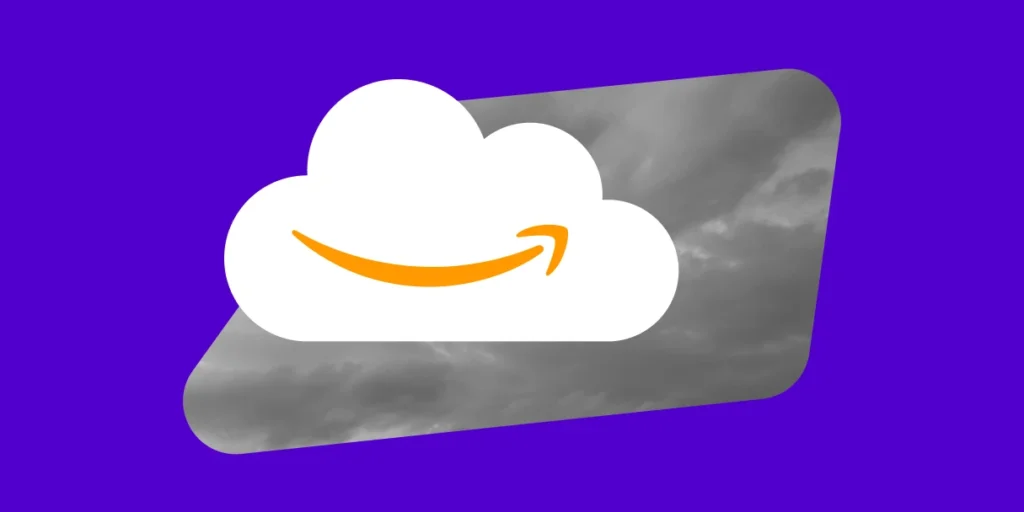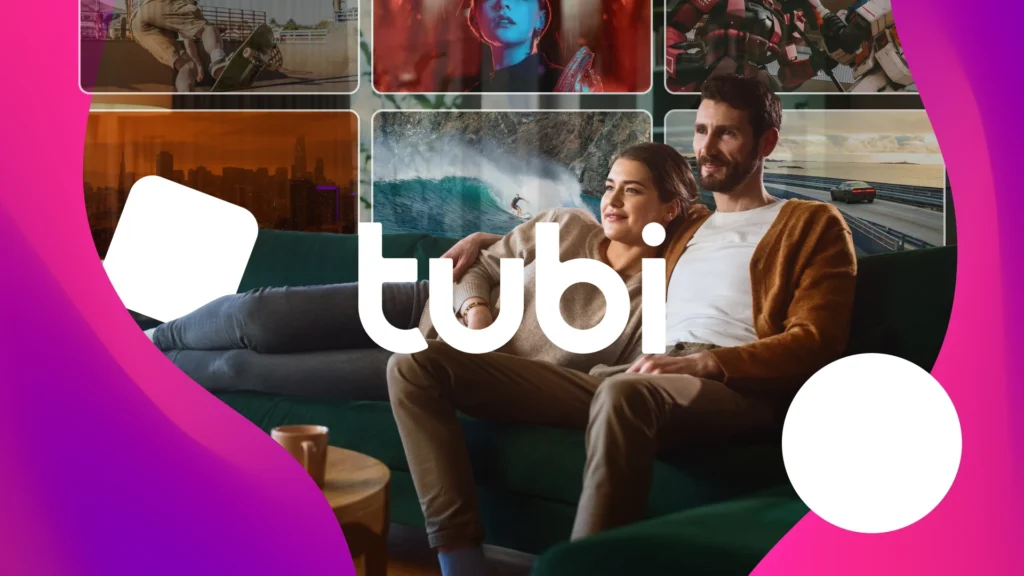When Google Panda first broke out—as though it were a diseases that rapidly spread and clutched victims down the funnel of obscurity—website owners quaked in fear that the new algorithm would affect their website rankings and send all their years of hard work down the drain. Indeed, when the Panda update was unleashed, it dragged down 12% of Google’s websites. Not a small percentage especially since it is equivalent to a trillion websites.
While the Panda ferreted out the spammy websites – for which we are all thankful – it also affected many others whose SEO strategies are also similar to, if not exactly, the black hat methods Google detests. Many were forced to adjust their approach on website optimization and companies offering SEO services also had to adjust their game play.

Google Panda 3.5 is no funny cartoon! It means business… serious business.
On April 19, 2012 Google updated the Panda with the 3.5 edition. Then on April 27 it unleashed an even bigger challenge for the online community: a second web spam algorithm called the Google Penguin.
This time it is set to do so much more than get rid of website spam from search engine inquiry results. In an effort to ensure that only the best and most honest websites make it to the top SERPs, the Penguin update targets websites that are overly optimized or whose optimization does not match the value of its content.
Let’s take a closer look at how this new search engine filter works.
No to Over-Optimization!
SEO is necessary for a website to rank. In layman’s terms, it helps websites become visible by earning one of the top spots in the earliest search engine results pages. Google has established rules and an algorithm that is supposed to evaluate the quality of the websites related to a keyword search. Those that earn the highest “grades” or page rank will land on the first pages of the SERPs.
That was what Google wanted it to be: that the highest-ranking websites are expected to be the most valuable to the queries of the Google search engine users. However, many SEOs have learned how to get around the algorithm by technical means. People learned to do a little tweak here, a little over there, to make sure that their websites earn a high Page Rank even if they don’t bother with producing quality content. Many were abusing that and Google wants to change this odd, undesirable mix of technical manipulation and mediocrity as far as quality of website content is concerned.
This is why Panda was created in 2011. During the Q&A for the Dear Google & Bing: Help Me Rank Better! panel, Matt Cutts, the overall head of Google’s Webspam Team, revealed that they had been working on a new update to “level the playing field.” To ensure that websites with excellent content get ahead of the websites that are merely optimized to the extreme, a smarter GoogleBot will filter out websites that rank because of “over optimization or overly SEO”.
So now we have the Google Penguin update to deal with.

Google Penguin: A bit bloodthirsty, is it not?
While we can understand Google’s desire to provide the best for its users and reward website owners who have been staying by the book and stuck to white hat strategies all this time, what sets many people off is that there are also casualties that aren’t supposed to be hit by the Penguin’s axe.
There’s a logical explanation for this though. The Google Penguin will penalize sites that do black hat SEO practices like:
– hiding links
– sending automated queries to Google
– loading pages with irrelevant keywords
– duplicating content
– phishing
– linking affiliates that are in no way related to the original website, etc…
Unfortunately, over-optimization is very similar to these black hat strategies, and that’s another reason why white hat SEOs still end up as collateral damage.
Negative Response from the Global Online Community
Cutts assured the online community that this second level of action will only affect 3% of Google websites. The outcry on the immediate results of the Penguin suggests otherwise though, as thousands of website developers and owners trooped to forums and Google Webmaster Help to air their frustrations and complaints. Some are downright heartbreaking. This article at Search Engine Round Table reveals the devastating effect of Google Penguin on many people’s very livelihood.
Besides the heartless axing of white hat websites, the inconsistency of Google’s advocacy of “quality first” to the actual outcome of Penguin–and Panda as well–is also a cause for outrage. Some are complaining that that the Penguin has pushed brand sites up the SERPs and axed niche sites. While brand sites are indeed relevant to most queries, they are hardly what you’d call unbiased sources of information. Niche sites that publish truly excellent content are more reliable and can provide more information for keyword searchers.
Can you hear the cries of “Unfair!” ringing out now?
The Answer to the Ultimate Question: How to Keep Up with Penguin?
Despite the general outcry over the Penguin update, there are also SEOs who are calmly facing this new challenge and are simply taking the new algorithm by face value. Since Google is intent on putting much emphasis on excellent web content, then this should be the direction SEOs should take for 2012 and beyond.
SEOs can cope with Panda 3.5 and Penguin by concentrating on people and improving user experience instead of focusing too much on evading the bots. This means paying more attention on content quality instead of keyword density; keeping it real when writing anchor texts instead of forcing in keywords; and making sure that backlinks come from valuable websites instead of just article directories and link networks.
These are just a few that SEO and webmasters should focus in 2012, but most likely Google will come with another 1 or 2 major updates this year. Who know what we will have to change at that time.
You Might Be Interested In












